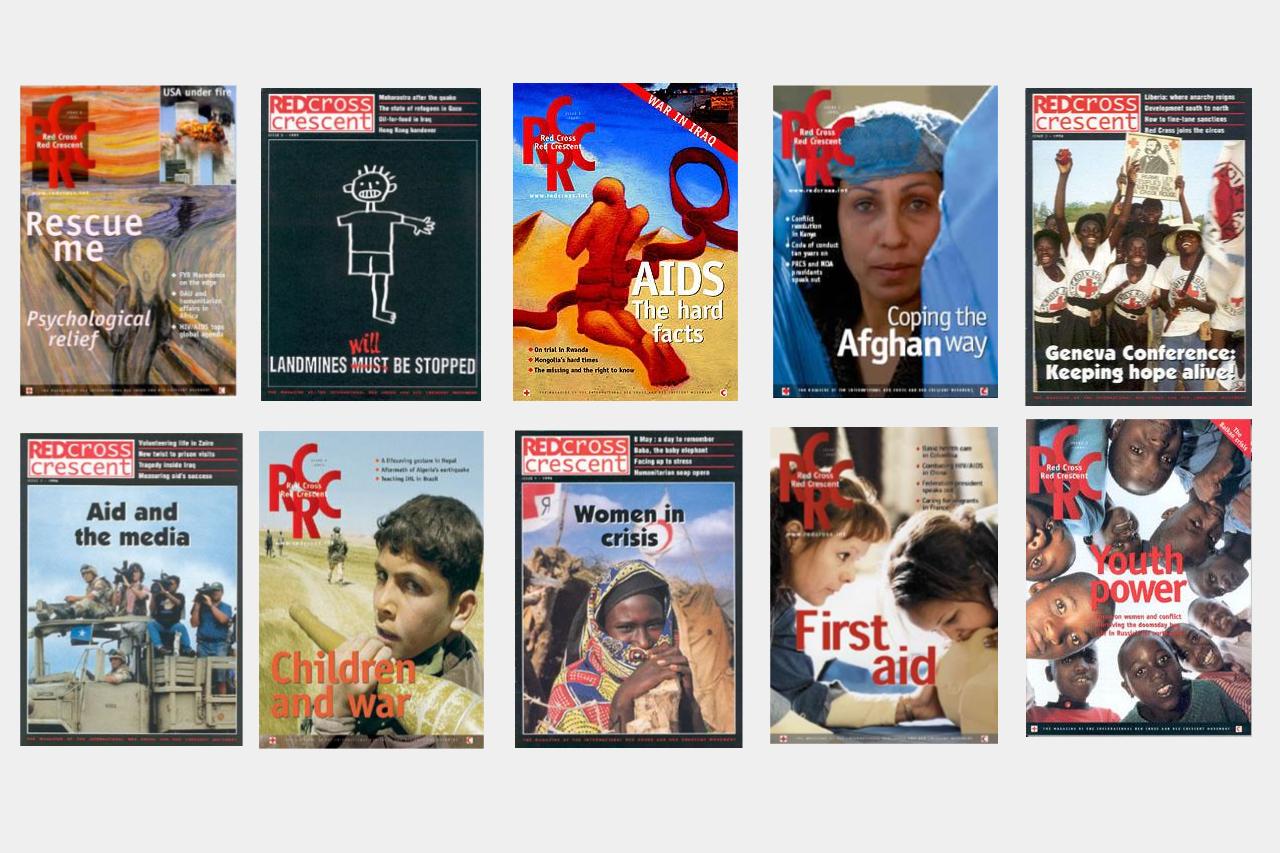While we will continue having print editions, we will send out fewer copies, targeting markets where print editions are most relevant. This will save money and allow us to invest more in content production and digital distribution. In short, we’ll be producing more stories that are easier and more fun to view and share, and that will be seen by far more people.
Our focus will remain first on serving our internal audience of National Society leaders, management and volunteers, as well as the extended family of delegations of the ICRC and the IFRC. But we will multiply our message by partnering with you, our readers, to spread our stories strategically to important audiences and markets.
The editorial board that oversees this magazine based these changes on concrete evidence about magazine performance provided by an independent research firm that surveyed readership and analysed the magazine’s potential in the digital realm.
The company interviewed 76 people, mainly staff and volunteers of National Red Cross Red Crescent Societies and received feedback from 48 National Society branches or chapters. They also conducted an online readership survey, among other things.
In short, there was good news and bad news.
The good news is that you like the content: 80 per cent of respondents gave highly positive responses about the quality of the stories, photographs and illustrations. In addition to helping people feel connected to the larger Movement, the magazine is used for updating, learning, sharing and inspiring new initiatives.
The bad news is that we are not doing a good enough job sharing our stories. Part of the reason, researchers found, has been a lack of clarity about our editorial agenda and publication schedule, along with a lack of tools to help National Societies share our stories in their markets.
Fortunately, many of these things are easy to fix. In addition to expanding our digital offerings, from now on we will provide National Societies and delegations with all magazine content in formats that are easy to repurpose and share. We will be more inclusive in content gathering and more informative about our editorial agenda so readers can integrate our stories into their own editorial agendas and campaigns.
As the stories from rural Kenya and on Restoring Family Links show, people all over the world (rural and urban) are deeply engaged in digital conversation. But, even in this age of hyper-connectedness, people can fall through the cracks. That’s why our research is not over. We hope that all of you tell us more about who you are and what you want from this magazine. And we hope we can count on you to help us through this transformation and bring our stories to even more eyes, hearts and minds.
 Red Cross Red Crescent magazine
Red Cross Red Crescent magazine 







 Tech & Innovation
Tech & Innovation Climate Change
Climate Change Volunteers
Volunteers Health
Health Migration
Migration